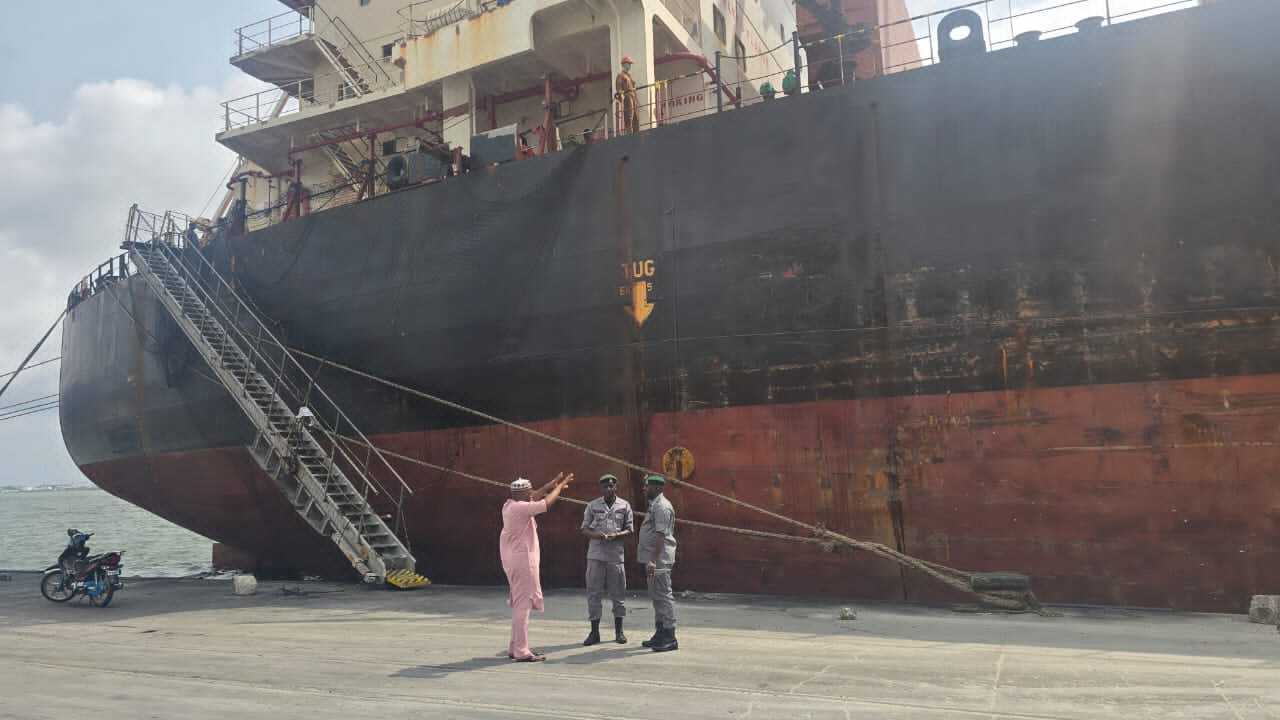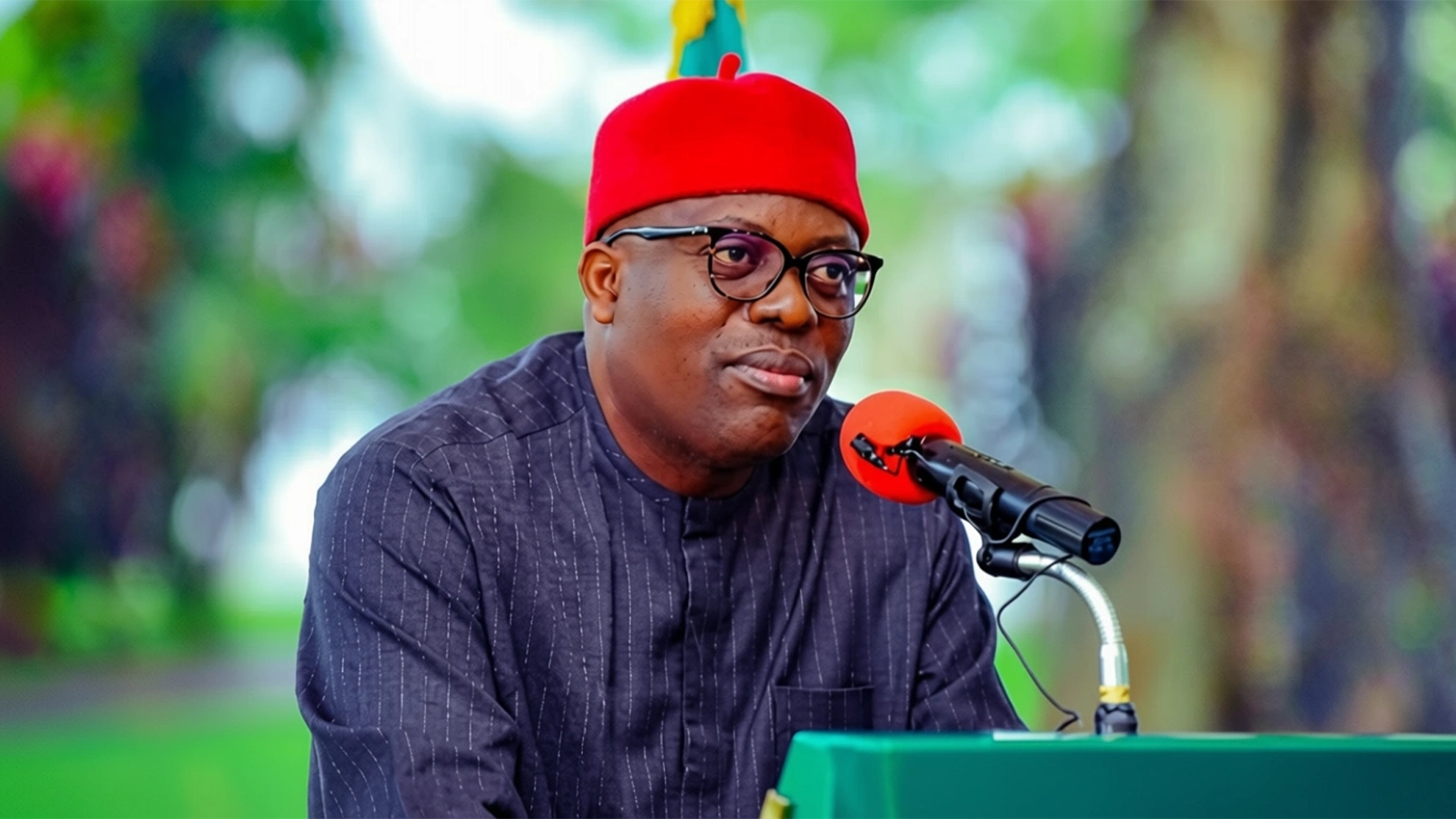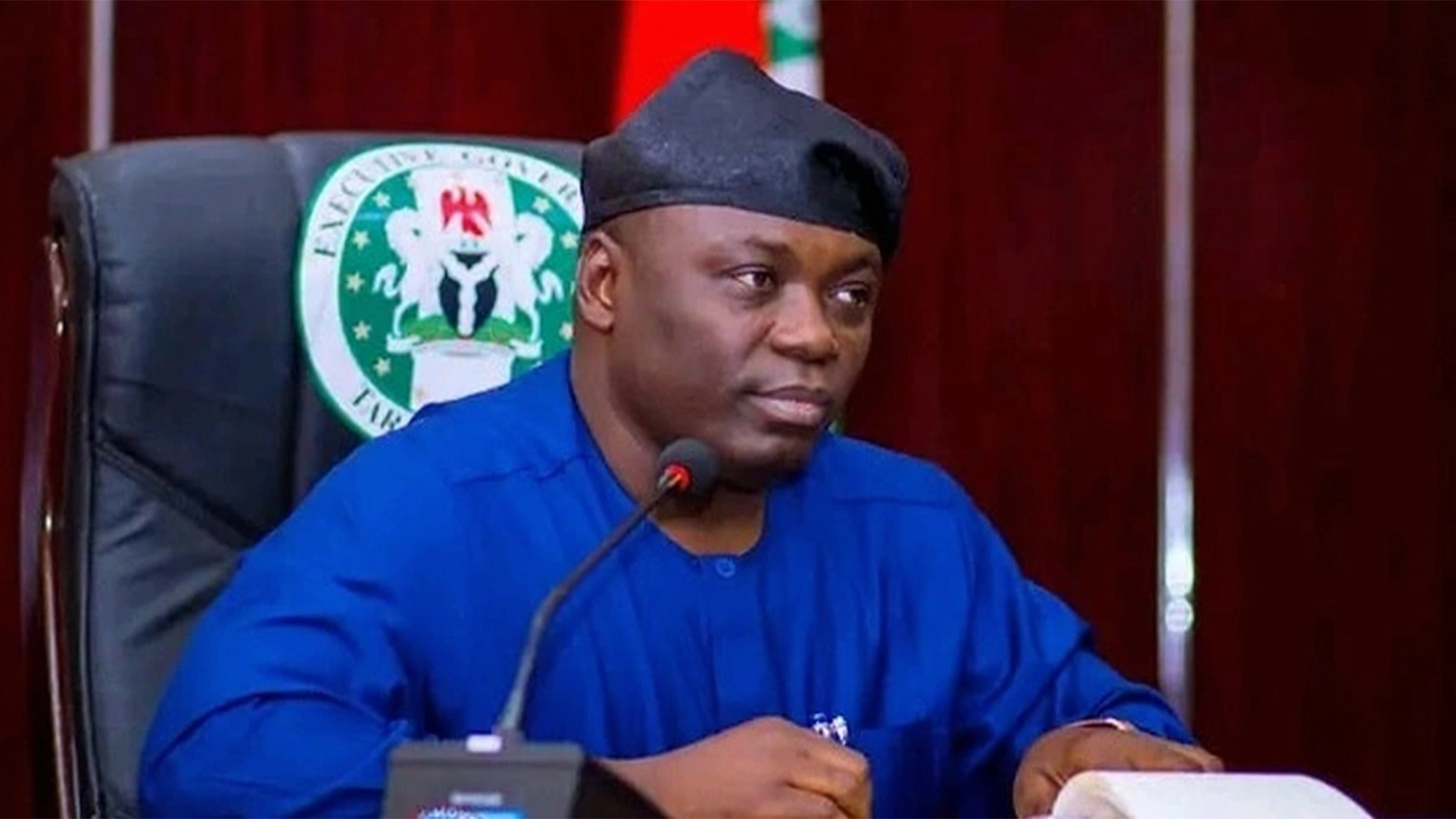
Despite the existence of the Public Procurement Act 2007, which was enacted to ensure transparency, and accountability, and curb corruption in contract awards, public procurement graft has remained endemic. But dealing decisively with corrupt officials, embarking on institutional overhaul, and creating budget transparency measures within the three tiers of government must be the fulcrum of sustained reforms to fix the challenge, AMEH OCHOJILA reports.
The Public Procurement Act (PPA) 2007 was enacted to curb corruption in the award of contracts. But despite its existence, it has remained ineffective doing little or nothing to curb the malaise. The failure of the law is evidenced in the rampant corruption within the public procurement system, which routinely comes to the fore.
Despite this beautiful piece of the legislative framework, which aims to ensure transparency and accountability in public expenditures, the Act has faced significant criticism for its apparent inability to deter such malpractices.
Those that are in the know insist that a fundamental loophole that impacts the efficiency of Nigeria’s public procurement system is fragmentation. While some states have successfully aligned their procurement practices with national laws and policies like the e-procurement and e-tendering efforts in Kaduna State, many other states either lack the legal and institutional capacities required to reform the public procurement system or have decided to pay scant attention to the consequences of public procurement graft.
The picture of public procurement graft in Nigeria is very grim. Recently, a state governor made startling revelations of how humungous corruption was perpetrated by his predecessor through fraudulent contract awards.
He stated that he commissioned one of the biggest audit firms in the country to conduct a forensic examination of the major contracts awarded by his predecessor and the audit report showed that some contracts were awarded just to steal money.
According to the governor, the sum of N79.3 billion was paid to seven contractors for contracts that were not executed, adding that another N15.9 billion was paid to 63 contractors with no supporting documents, as well as another N12 billion paid to two contractors for contracts that do not exist.
Of these figures, he stated that N10 billion was paid in September 2020 to a contractor for the construction of an airport. “We have spent time looking for the airport, but we have failed to locate it,” the governor said.
The state helmsman explained that he had reported the matter to the security agencies. To drive home the enormity of the crime, the governor stated that the N10 billion stolen through the phantom airport was the exact amount he spent to clear the backlog of salaries and pensions that his administration inherited.
Also, the Economic and Financial Crimes Commission (EFCC), under the chairmanship of Abdulrasheed Bawa, disclosed before his exit that the commission was investigating two ministries that made double payments for the same contract.
Bawa said that one of the ministries was involved in 20 contract frauds amounting to N4 billion. To date, these perpetrators remain“unknown” and continue to enjoy their loot. There is no arrest, prosecution, let alone, conviction.
Over time, the EFCC and other stakeholders have been consistent in their submissions that there are systemic deficiencies that undermine the enforcement and effectiveness of the PPA.
A legal scholar and President of the Centre for Socio-Legal Studies (CSLS), Prof. Yemi Akinseye-George (SAN) is unhappy with the rampant misappropriation of over 50 per cent of Nigeria’s yearly budget by contractors, public officials, and politicians. He emphasised the urgent need for legal reforms to combat entrenched corruption within the public procurement framework.
A critical target of scrutiny in the whole milieu is the Bureau of Public Procurement (BPP), which has been identified by the chairman of the EFCC, Ola Olukoyede, as a weak link in the anti-graft war chain.
According to him, the current legal framework of the body has not effectively facilitated the prosecutions of individuals involved in contract award grafts.
Addressing the management of the BPP in Abuja, Olukoyede stated that those systemic deficiencies undermine efforts to prevent corruption in procurement processes. “The law, as it stands, has not significantly supported our prosecutorial efforts,” he said, highlighting the absence of notable convictions under its provisions.
“I am not sure that I can remember any specific case where we secured a conviction using the provisions of the Act. I am not sure that the EFCC has secured any conviction using it. If we mean business about sanitising our contract and procurement award processes, we have to do something about the Public Procurement Act and review it in such a way that it can address some of these concerns.
“There are so many areas where we need to sit down and examine some of the things that we are doing in the interest of the country. There is a need for us to work together. The essence of prevention is that we don’t have to wait until a contract is awarded and money stolen,” he declared.
Olukoyede also criticised the BPP for always issuing “Certificates of No Objection” to contractors, questioning its transparency and effectiveness in curtailing malpractice.
He decried the pervasive nature of corruption within Nigeria’s public sector, particularly within contract and procurement activities, attributing much of the problem to institutional weaknesses rather than inherent flaws in Nigerian character.
But a Lagos-based lawyer, Paul Mgbeoma disagreed with him. He argued that while legal loopholes within the Act may exist, deficiencies in investigation and courtroom presentation hinder successful prosecutions. He declared that the EFCC is not diligent in its investigation, as nothing is wrong with the law.
Contributing, an Abuja-based lawyer and rights activist, Okueyelegbe Maliki, said that the Public Procurement Act provides for an open and competitive bidding process for the award of contracts. This sacrosanct provision, he said, is often observed in breach as a result of collusion between corrupt officials and contractors.
The lawyer also disagreed with the idea that there are deficiencies in the act, arguing that the act does not have visible loopholes. The problem, he maintained, is the endemic corruption, which has eaten deep into every fabric of our national lives.
He further stressed that there is no law that can be effective without men of honour, who implement its provisions, adding that the law requires men of character to implement effectively.
Also blaming corrupt officials for the failure of the law, is another lawyer, Ekpa Stanley Ekpa, who stated that decent public procurement plays a pivotal role in shaping the efficacy of public service that drives sustainable development.
To buttress his point, he argued that the Act, which provides a legal framework for the enthronement of accountability, competitiveness, transparency, value for money, and efficiency in the procurement of goods, works and services in the Ministries, Departments, and Agencies (MDAs), cannot be the problem.
For him, that such an Act failed to stop contract awarding grafts, is primarily due to weak institutions and its corrupt manpower that have failed to apply the law as demanded.
He said: “It is estimated that contract and procurement fraud cost Nigeria approximately N2.9 trillion ($7.6 billion) over a period of three years from 2018 to 2020. This stood at a staggering 10 per cent of the total budgetary allocations for the same period. This level of corruption surpassed the cumulative Foreign Direct Investment (FDI) between 2018 and 2020, which is $5.5 billion.”
Ekpa, who said that incomplete and unsustained reforms are the bane of the country, recalled that Nigeria’s journey of reforming public procurement systems started in 2000 when former President Olusegun Obasanjo commissioned the World Bank Country Procurement Assessment Report, as a result of the general perception that public procurement lacked the required competitiveness and transparency.
“The report revealed a state of laissez-faire, where there was utter disregard for due process and accountability either in the process of procurement or the disbursement of funds.
“In 2007, the late former President, Umar Musa Yar’adua assented to the Act, which created the National Council on Public Procurement and the Bureau of Public Procurement, as regulatory authorities responsible for monitoring public procurement, harmonizing the existing government policies and practices.
“They were also created to set standards and develop a legal framework and professional capacity for public procurement and related matters in Nigeria,” the lawyer said, pointing out that in nearly two decades, the Council is yet to be inaugurated, thereby depriving the Act the required oversight leadership it needs.
He added that fundamental reforms such as e-procurement, the inclusion of small and medium-size enterprises, and the enabling guidelines on dispute resolution have not been optimally implemented in the law. He, therefore, suggested that to curb public procurement and contract corruption in Nigeria, local and state governments must be the core targets of reforms. These two levels of government, he said, must be encouraged with technical assistance to implement budget transparency measures, just as was done with the creation of the “States Fiscal Transparency, Accountability and Sustainability (SFTAS).”
According to Ekpa, one-off reform is less likely to effectively achieve the desired efficiency in the public procurement system, hence, reform at all levels must be sustained to improve procedures and practices of public procurement.






